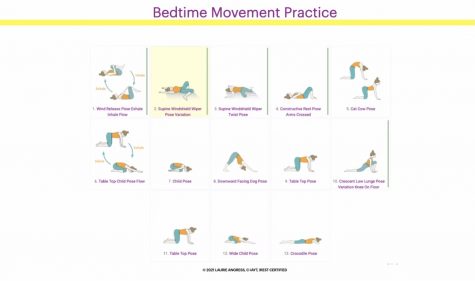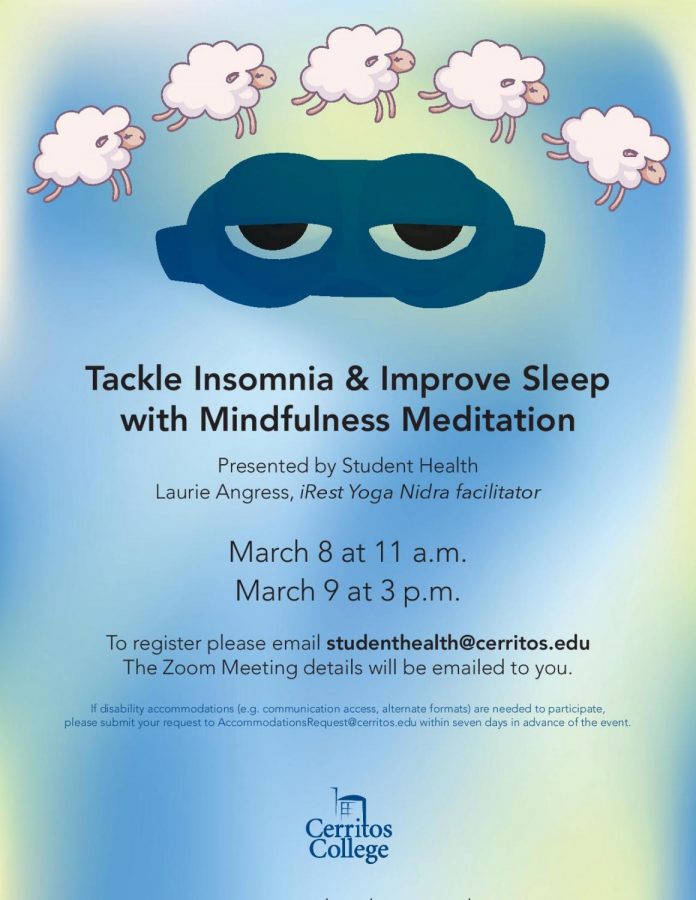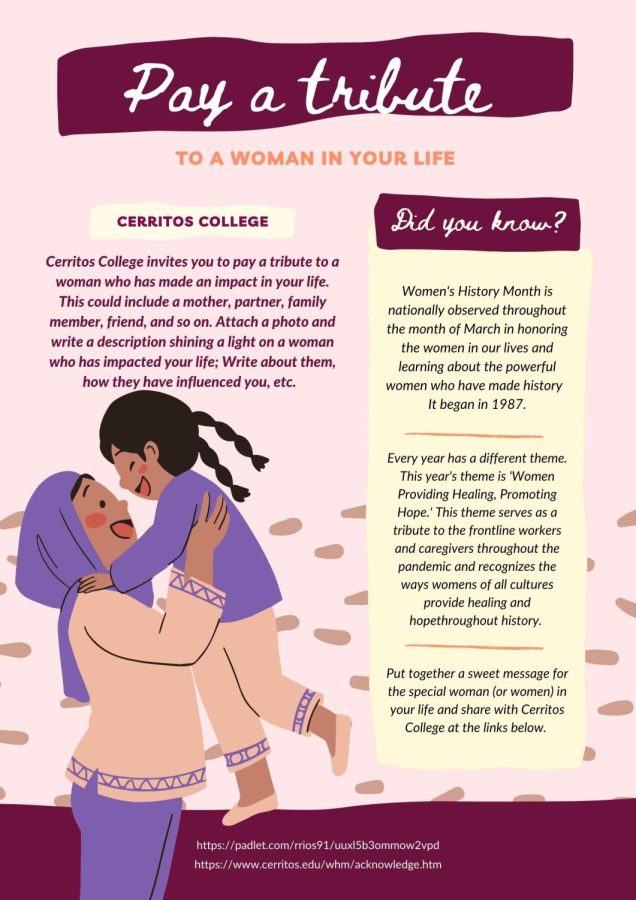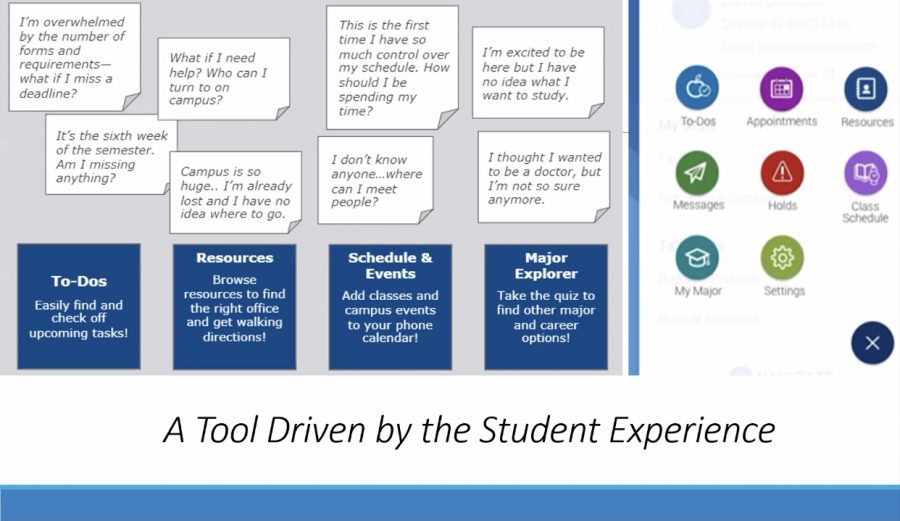Student Health presented “Tackle Insomnia and Improve Sleep with Mindfulness Meditation” on March 9 in observance of Sleep Awareness month.
“It is a myth that everyone needs 8 hours of sleep,” said Laurie Angress, iRest Yoga Nidra facilitator during the hour long seminar, which also included a 20 minute guided meditation.
Angress defined insomnia as a sleep disorder that is characterized by difficulty falling asleep, staying asleep or waking up too early, coupled with the inability to go back to sleep.
Insomnia is a disorder of contradictions. It can be long term or short term; it can also be associated with a health issue but also not associated with a health issue.
There are many different causes of insomnia, such as significant stress, especially over time, emotional discomfort, fear, anxiety, depression, unresolved anger, smoking, alcohol, excessive physical exercise, fasting and drugs like marijuana and psychedelics just to name a few.
“If you cannot fall asleep within 30 minutes of laying down or if you can’t sleep thorough the night, then you might have insomnia,” Angress said.
Other signs and symptoms include the inability to go back to sleep after waking up at irregular intervals, the inability to reach REM sleep and feeling tired during the day.
“You can’t catch up on missed sleep on the weekend is another myth that people sometimes believe,” she said.
According to Angress, another big myth is idea that alcohol helps you sleep better. “Alcohol may make you fall asleep faster but it will not be good sleep.”
Angress explained the notion of sleep hygiene as a way to improve good sleeping conditions. Sleep hygiene ideas are things like exercising during the day instead of in the evening. Limit caffeine and sugar late in the day.

“One technique that helps me personally is I stop eating around 7 pm,” she said. Body oil application along with a warm bath is another sleep hygiene technique.
She also suggested creating comfort conditions in your bedroom by darkening the room, purchasing appropriate pillows, blankets and cutting off social media or TV at least 30 minutes before bedtime.
There are some specific breathing techniques that can be done for optimal sleep such as breath counting backwards, bumble bee breath, finger breathing or extending exhalations.
Mediation can help decrease symptoms of anxiety, depression, insomnia, stress and trauma. “It also reduces chronic pain, inflammation and negativity. And is known to improve sleep, mood, immune system and an overall sense of well being,” she said.
For the duration of this month, students who have Canvas can access more information on sleep, including video’s and more interesting sleep facts.
Angress also said, “I have two free meditations on my website, feel free to use one or both.”






















